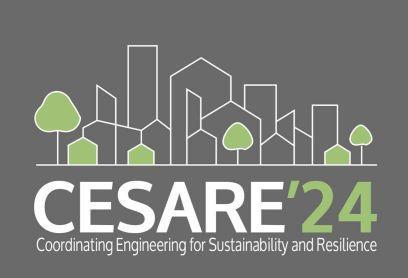Speakers
Description
It is apparent nowadays that, in order to meet the goal of climate neutrality and to increase the share of renewable energy in the global energy mix, an overall energy transition should be initiated and steered. The major challenge is not just to focus on the further development of the various renewables in isolation, but also to consider the potential of the efficient utilization of the synergies of available RES. In that context, the Energy Island model as a novel techno-scientific system that refers to, incorporates and considers the concept of a purpose-specific human-made artificial island suitable for the production, storage and distribution of the energy generated from various RES that are installed on the island, can be seen to be of considerable importance.
In this paper, a Multi-Criteria Decision Analysis (MCDA) framework is developed and applied for the selection of the most preferable Energy Island scenario in Greece.
To this end, the general concept and potential applications of the Energy Island model are initially reviewed, and the present situation of the Greek energy sector and RES technologies in Greece are outlined.
The proposed approach utilizes the well-known PROMETHEE-II MCDA method and relies on the consideration of a number of theoretical Energy Island scenarios applicable to marine areas in Greece that are identified as suitable for the development of offshore wind farms. Subsequently a number of economic, environmental and technical criteria are established and used to comparatively evaluate four (4) alternative energy island scenarios in the Aegean sea.
The paper concludes that the perspective of the various applications of the concept of the Energy Island model has potential to contribute to more efficient utilization of the available RES technologies in Greece.
| Keywords | Energy Islands, Multi-Criteria Decision Analysis, Offshore Wind, Floating Solar Photovoltaics, Greece, Aegean Sea |
|---|---|
| Topics | Sustainable infrastructures, Wind energy structures, Environmental engineering |

